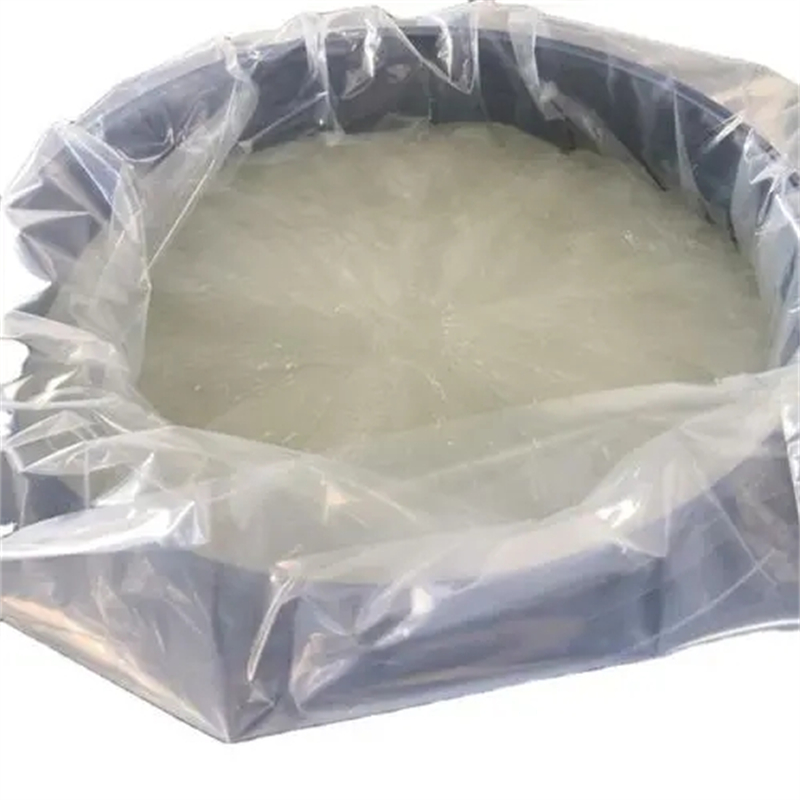Warning: Undefined array key "title" in /home/www/wwwroot/HTML/www.exportstart.com/wp-content/themes/1198/header.php on line 6
Warning: Undefined array key "file" in /home/www/wwwroot/HTML/www.exportstart.com/wp-content/themes/1198/header.php on line 7
Warning: Undefined array key "title" in /home/www/wwwroot/HTML/www.exportstart.com/wp-content/themes/1198/header.php on line 7
Warning: Undefined array key "title" in /home/www/wwwroot/HTML/www.exportstart.com/wp-content/themes/1198/header.php on line 7
- Afrikaans
- Albanian
- Amharic
- Arabic
- Armenian
- Azerbaijani
- Basque
- Belarusian
- Bengali
- Bosnian
- Bulgarian
- Catalan
- Cebuano
- China
- China (Taiwan)
- Corsican
- Croatian
- Czech
- Danish
- Dutch
- English
- Esperanto
- Estonian
- Finnish
- French
- Frisian
- Galician
- Georgian
- German
- Greek
- Gujarati
- Haitian Creole
- hausa
- hawaiian
- Hebrew
- Hindi
- Miao
- Hungarian
- Icelandic
- igbo
- Indonesian
- irish
- Italian
- Japanese
- Javanese
- Kannada
- kazakh
- Khmer
- Rwandese
- Korean
- Kurdish
- Kyrgyz
- Lao
- Latin
- Latvian
- Lithuanian
- Luxembourgish
- Macedonian
- Malgashi
- Malay
- Malayalam
- Maltese
- Maori
- Marathi
- Mongolian
- Myanmar
- Nepali
- Norwegian
- Norwegian
- Occitan
- Pashto
- Persian
- Polish
- Portuguese
- Punjabi
- Romanian
- Russian
- Samoan
- Scottish Gaelic
- Serbian
- Sesotho
- Shona
- Sindhi
- Sinhala
- Slovak
- Slovenian
- Somali
- Spanish
- Sundanese
- Swahili
- Swedish
- Tagalog
- Tajik
- Tamil
- Tatar
- Telugu
- Thai
- Turkish
- Turkmen
- Ukrainian
- Urdu
- Uighur
- Uzbek
- Vietnamese
- Welsh
- Bantu
- Yiddish
- Yoruba
- Zulu
Aug . 07, 2024 04:35 Back to list
Exploring the Health Benefits of Xylitol and Its Impact on Your Daily Diet Choices
The Health Benefits of Xylitol A Sugar Alcohol Worth Considering
In recent years, xylitol has emerged as a popular alternative to traditional sugar. This sugar alcohol, found naturally in small amounts in various fruits and vegetables, has garnered attention not just for its sweet taste but also for its potential health benefits. With an increasing number of consumers seeking healthier lifestyle choices, understanding xylitol and its implications for health is essential.
What is Xylitol?
Xylitol is a five-carbon sugar alcohol that is widely used as a sugar substitute. It is about as sweet as sucrose (table sugar) but contains 40% fewer calories. Derived from the fibrous parts of fruits and vegetables, xylitol can also be produced from xylose, a sugar obtained from hardwood. Unlike sugary counterparts, xylitol has a low glycemic index, making it a safer choice for diabetics and those monitoring their carbohydrate intake.
Dental Health Benefits
One of the most notable benefits of xylitol is its positive effect on dental health. Numerous studies have highlighted xylitol's ability to reduce the growth of harmful bacteria in the mouth, which contributes to tooth decay. When xylitol is present in the oral cavity, it disrupts the metabolism of Streptococcus mutans—one of the primary bacteria responsible for cavities. Regular consumption of xylitol can lead to a decrease in cavity rates and improved overall oral health.
Furthermore, xylitol can aid in saliva production. Increased saliva not only helps wash away food particles but also neutralizes acid in the mouth, thereby promoting remineralization of tooth enamel. Chewing xylitol gum or using xylitol-containing products can be an effective strategy for improving dental hygiene.
xylitol healthy

Support for Diabetics
With its low glycemic index, xylitol is an attractive option for people with diabetes. Unlike sugar, xylitol does not cause significant spikes in blood glucose levels after consumption. This characteristic makes it a viable sweetener for those looking to satisfy their sweet tooth without compromising their blood sugar control. Additionally, the calorie content in xylitol is lower, which can aid in weight management—a key factor for many individuals with diabetes.
Gastrointestinal Health
However, it is essential to consume xylitol in moderation. As a sugar alcohol, excessive intake can lead to gastrointestinal discomfort, including bloating and diarrhea. This is due to the fact that xylitol is not fully absorbed in the digestive system and can draw water into the intestines. It is advisable for newcomers to xylitol to start with small amounts to assess their tolerance.
Conclusion
As the world increasingly turns to healthier alternatives to sugar, xylitol stands out for its multifaceted benefits. From enhancing dental health to offering a safe alternative for those with diabetes, xylitol’s appeal is widespread. However, as with any dietary change, moderation is key to enjoying its benefits while minimizing potential side effects.
For those looking to reduce sugar intake without sacrificing sweetness, xylitol presents a viable and healthy option. As always, individuals should consult with healthcare professionals regarding changes to their diet, especially if they have pre-existing health conditions. In a world where health-conscious choices are paramount, understanding and integrating xylitol into one’s diet could lead to a sweeter, healthier future.
Latest news
-
Certifications for Vegetarian and Xanthan Gum Vegetarian
NewsJun.17,2025
-
Sustainability Trends Reshaping the SLES N70 Market
NewsJun.17,2025
-
Propylene Glycol Use in Vaccines: Balancing Function and Perception
NewsJun.17,2025
-
Petroleum Jelly in Skincare: Balancing Benefits and Backlash
NewsJun.17,2025
-
Energy Price Volatility and Ripple Effect on Caprolactam Markets
NewsJun.17,2025
-
Spectroscopic Techniques for Adipic Acid Molecular Weight
NewsJun.17,2025

